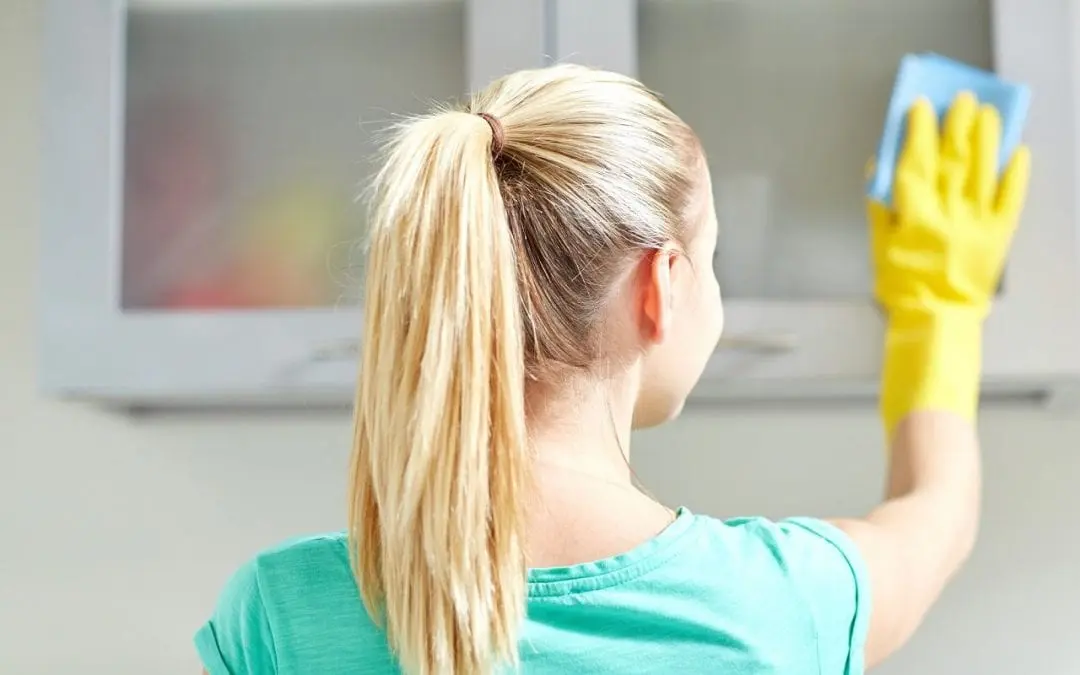Indoor air pollution can contribute to health issues including breathing difficulties, itchy eyes, a sore throat, and headaches. Common contaminants include dust, pet dander, mold, and household chemicals. Below are some easy ways to improve indoor air quality and breathe easier at home.
1. Keep Your Home Clean
The first step you can take toward improving the air quality in your home is to keep the space clean. Dust at least weekly. Clean carpets and rugs with a HEPA filter vacuum. The filter will prevent irritants from recirculating through the air. Mop floors, clean upholstered furniture, and regularly launder linens, including bedding and drapes. Declutter your home because clutter collects dust and is more difficult to keep clean.
2. Replace Filters in Your HVAC System to Improve Indoor Air Quality
An easy way to improve your indoor air is to regularly replace your HVAC filters. Your heating and cooling system circulates air throughout the home. Filters in the system trap pollutants as the air passes through. Replace your filters as recommended, usually every one to three months.
3. Test for Radon and Mold
Radon gas and mold spores are two contaminants that are linked to health concerns. Mold is a known allergen and radon can cause lung cancer. To make sure the air in your home is clean and healthy, hire a professional to test for these pollutants.
4. Improving Indoor Air Quality by Keeping Moisture Under Control
Moisture in the air, or lack of, can greatly affect the air quality. Too much moisture creates an environment conducive to mold growth. Dry air causes itchy skin, dry eyes, and respiratory tract irritation. Purchase a hygrometer at your local hardware store and check the humidity level in your home. Add a dehumidifier to reduce levels and help prevent mold from forming. Use a humidifier to increase comfort if the humidity level is too low.
5. Limit Your Use of Harsh Chemicals When Cleaning
It is important to keep your home clean, however, commonly available cleaning products contain volatile organic compounds. These chemicals contribute to skin, eye, and throat irritation. VOCs also cause headaches, dizziness, and fatigue. To improve air quality, reduce the number of harsh chemicals used around the house. Opt for natural cleaning products or find recipes online to create your own.
TUFF Home Inspections offers home inspection services, including mold and radon testing, in New Jersey. Contact us to request an appointment.

